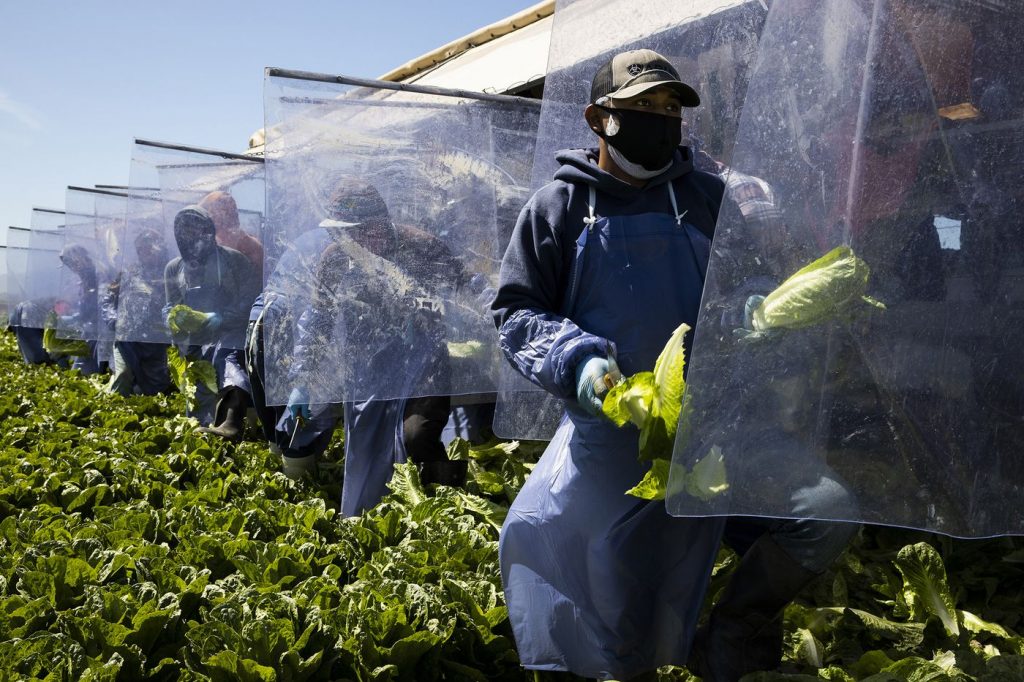
If it’s not at the top of the list of concerns for vegetable and specialty crop producers, it’s near the top – immigration reform, specifically H-2A reform.
One potential remedy could be on the way. The Farm Workforce Modernization Act, introduced last week by two members of the House of Representatives, is the latest attempt to help farmers who are utilizing the H-2A guestworker program.
Allison Crittenden, director of Congressional Relations at the American Farm Bureau Federation, commented on this potential solution.
“Our organization acknowledges that there are severe shortcomings in the Farm Work Modernization Act. While this is a bill introduced in the House, we recognize that in the Senate, there’s a real opportunity for an Ag Labor Bill to come forward that better meets agriculture’s needs,” said Crittenden. “With that being said the main points of the Farm Work Modernization Act are that it does provide legal status to undocumented farm workers; it seeks to make some changes to the H-2A program; and then it also requires farmers in the agriculture industry to adhere to mandatory E-Verify after a certain time period.”
State of Crisis
Farm labor is in a state of crisis. Farmers in states like Florida and Georgia are largely dependent on foreign workers to meet the demands on the farm, especially since the supply of U.S. workers is low.
Reforms to the current H-2A program are mainly needed because wage rates have increased dramatically.
“What we hear from our membership about is the Adverse Effect Wage Rate (AEWR). AEWR is calculated by regions, but if you create a national average, that national average has increased by 20% in the last five years. But we know that the prices that farmers are receiving for their crops has not kept up at that same rate,” Crittenden said. “Your labor costs have increased so drastically but what you’re getting paid for your product has not kept up. It’s getting to a point where a farmer’s ability to stay in business is becoming harder.”
Wage Impact
The Farm Workforce Modernization Act would reform H-2A wages to better reflect real-world wages, while protecting against sudden wage increases. It would disaggregate wages for agricultural occupations and freeze wages for one year and cap wage fluctuations for most of the country at 3.25% for the next nine years.
That may be too little too late, though, with respect to the recent AEWR.
“We see there’s a financial benefit to freezing the AEWR and capping those increases, but we’re already starting at a rate that has increased so drastically over the past five years. Farmers are already struggling with the 2021 AEWR,” Crittenden said.
Click here for a full text of the bill. U.S. Representatives Zoe Lofgren, D-CA, and Dan Newhouse, R-WA, reintroduced the Farm Workforce Modernization Act, H.R. 1537 on Wednesday, March 3.









